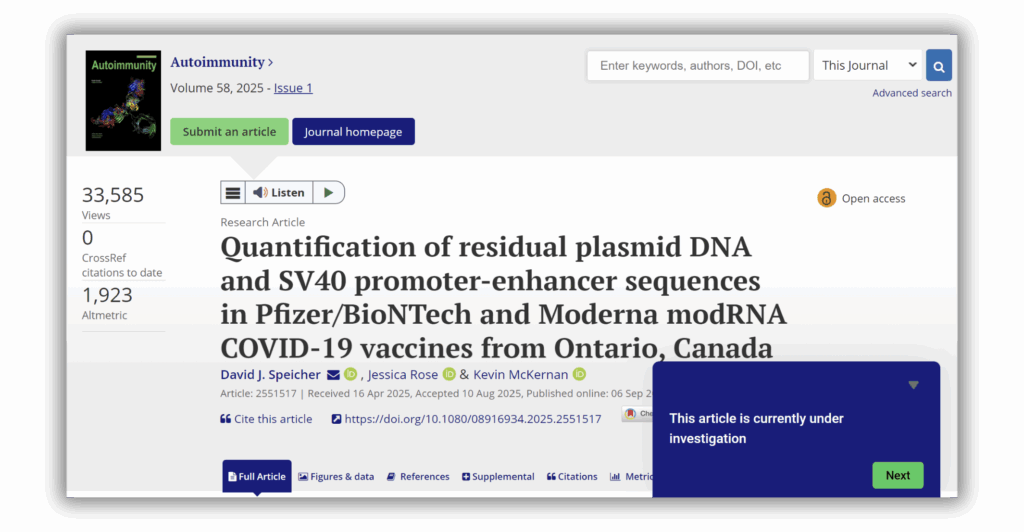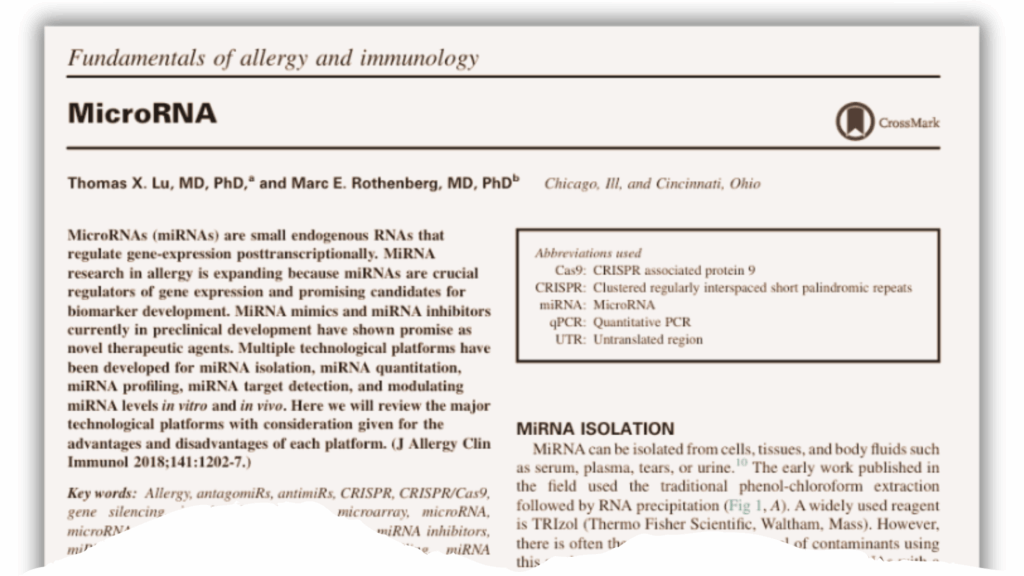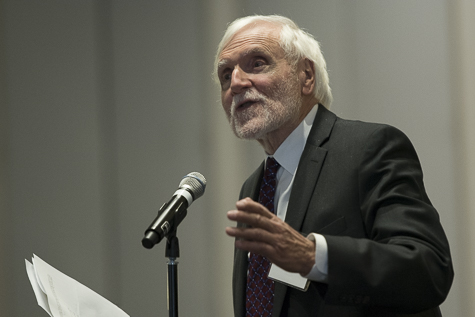
Dear RW readers, can you spare $25?
The week at Retraction Watch featured:
- Drummond Rennie (1936-2025): A towering figure in medical journals in his own words
- Exclusive: Journal bans drug safety database papers as they flood the literature
- Why has this microRNA review paper been cited more than 2,000 times?
- Publisher investigating DNA contamination paper that authors say CDC vaccine committee will consider
- Exclusive: Iraqi physicist fired by ministry over massive publishing scam
Our list of retracted or withdrawn COVID-19 papers is up past 500. There are more than 60,000 retractions in The Retraction Watch Database — which is now part of Crossref. The Retraction Watch Hijacked Journal Checker now contains more than 300 titles. And have you seen our leaderboard of authors with the most retractions lately — or our list of top 10 most highly cited retracted papers? What about The Retraction Watch Mass Resignations List?
Here’s what was happening elsewhere (some of these items may be paywalled, metered access, or require free registration to read):
Continue reading Weekend reads: Vaccine contamination paper under investigation; Harvard sues Gino for falsifying evidence; fugitive scientist arrested






